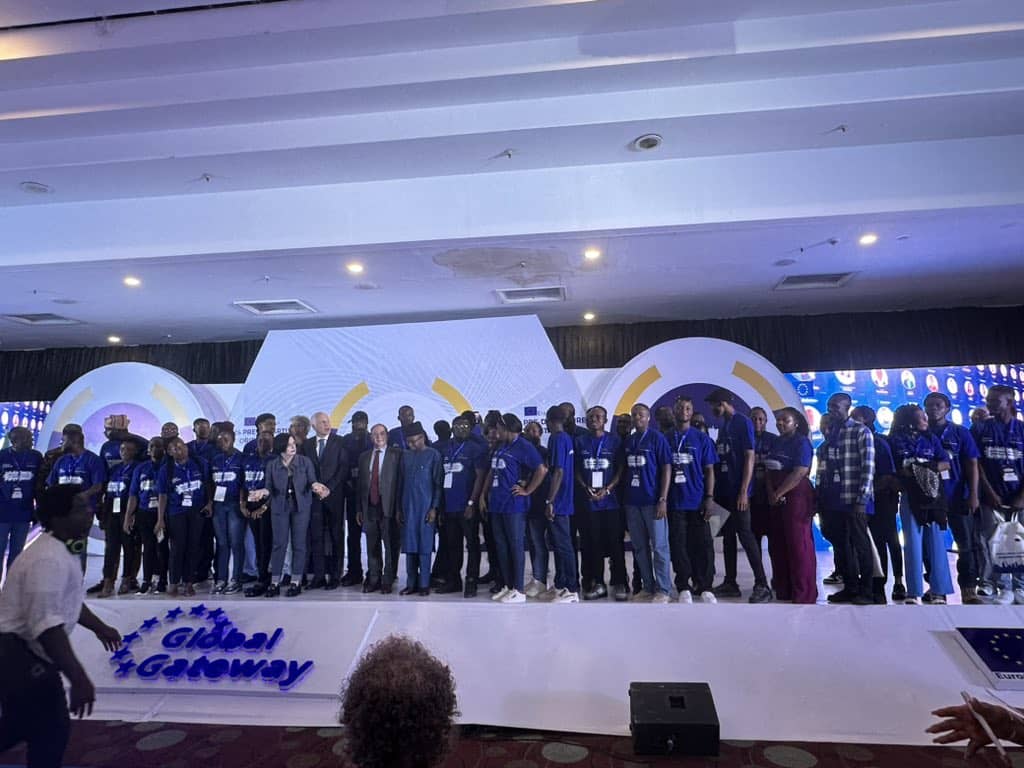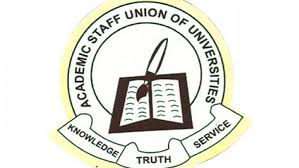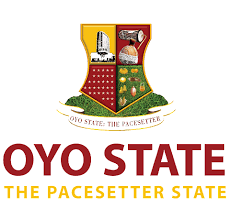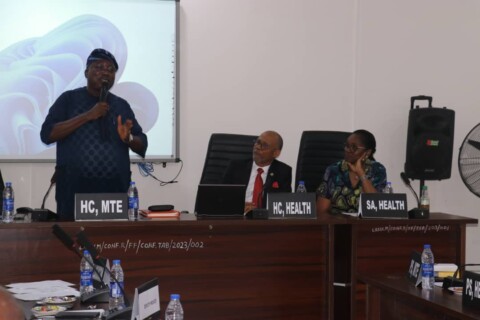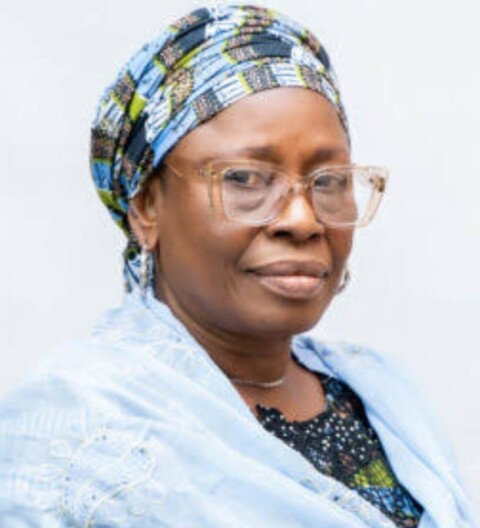The European Union (EU) has given postgraduate scholarships to 142 young Nigerians for the 2024-2025 academic year through its Erasmus+ program. This is the sixth year in a row that Nigeria has received the most scholarships in Africa and is among the top five globally.
The announcement was made by the program organizers in Brussels. The first group of Nigerian awardees will start their studies in September 2024, and more may be added later. These scholarships allow students to study at least three different universities in various countries within and outside the EU over 12-24 months.
The EU embassy in Abuja highlighted that the Nigerian scholars have been accepted into top programs like Renewables-based Power Systems, Chemical Innovation and Regulation, Public Health in Disasters, Biorefinery, European MSc in Marine Environment 2030, Soil Science, Systems for Sustainable Engineering, Sustainable Mineral and Metal Processing Engineering, and Sustainable Ship and Shipping. The Erasmus Mundus Joint Master Degree (EMJMD) program, a major part of Erasmus+, awards a master’s degree given jointly by a group of universities. This year marks the 20th anniversary of the EMJMD program, which has greatly impacted individuals, schools, and countries inside and outside the EU.
At a pre-departure orientation in Abuja, EU Ambassador to Nigeria and ECOWAS, Ms. Samuela Isopi, talked about the program’s positive effects. She said that Erasmus Mundus brings together top universities from the EU and other places to create international study programs that combine the best parts of each country’s curriculum. These programs are known for their high academic standards, unique study paths, and generous financial support.
Ms. Isopi also mentioned that the EU supports Nigeria’s higher education sector through key funding programs like Erasmus+ and Horizon Europe, which focus on research and innovation. Erasmus+ offers scholarships and supports short stays in Europe for researchers, students, and staff. It also helps universities and TVET institutions work together on projects with European partners. Horizon Europe offers opportunities for Nigerian researchers and institutions, especially through the “Africa Initiative II” aimed at African scientists.
The EU’s support for education in Nigeria matches the country’s goals, focusing on equal access to quality education and teacher training. Projects with the governments of Kano, Sokoto, Jigawa, Adamawa, Bayelsa, Oyo, Katsina, Enugu, and Plateau states aim to strengthen the education system, increase the use of digital technology for teaching and learning, and promote green skills and knowledge. Between 2021 and 2027, the EU plans to invest EUR 45.4 million in these education projects.

